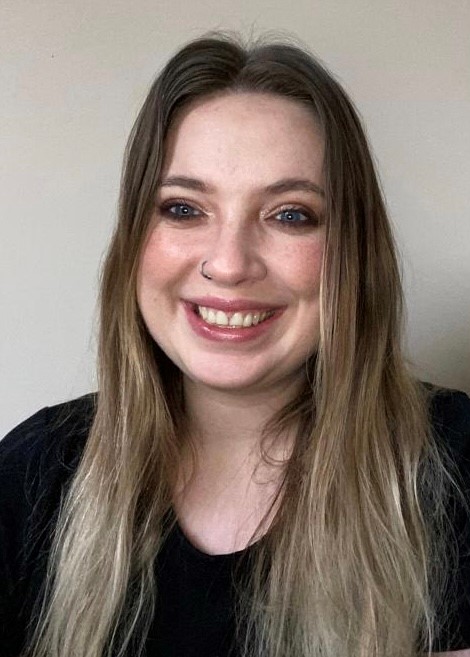Improving the health and wellbeing of Personal Assistants
Project Background
Our approach to the PA Wellbeing project is grounded in two beliefs. First, that people with lived experience should be in the driving seat of change across Scotland. Second, that evidence makes the most impact when it is connected to real lives. The Disabled Peoples’ Movement and Independent Living Movement campaigned for years for the right to personal assistance, and the involvement of PA employers is central to this project’s success. The project outcomes will seek to support the mutual relationship between PA employers and PAs.
In Scotland, IMPACT is working with the Personal Assistant (PA) Programme Board on a project seeking to improve the wellbeing of Personal Assistants employed by disabled people. The purpose of the PA Programme Board is to offer advice to the Minister for Social Care, Mental Wellbeing and Sport on how to ensure PAs are fully recognised as members of the social care workforce. The IMPACT PA Wellbeing project is hosted by the PA Programme Board’s Wellbeing Subgroup.
The PA Wellbeing project has a 12-month duration, from mid-2023 to mid-2024. It is led for IMPACT by Rhiann McLean and Richard Brunner at the University of Stirling.
Project Team

Rhiann McLean
Rhiann is an unpaid carer and started her career as a support worker in learning disability services. Working at the intersection of research, practice and lived experience, Rhiann has an interest in making social care work for disabled people and the practitioners who support them. In her role at the University of Glasgow, she designed the first ever Citizens’ Jury for people with learning disabilities to set priorities for research. Rhiann also has an interest in the intersection of gender and disability, working on projects seeking to understand more about disabled women’s experiences of gender based violence.

Richard Brunner
Richard has collaborated with the disabled peoples’ movement for years, notably at University of Glasgow Centre for Disability Research. He has worked with homeless people, spent time as a mental health advocate, and researched the sociology of mental distress. Most recently he has focused on a collaboration with Glasgow Disability Alliance, producing evidence on Future Visions for Social Care including on unmet needs in social care and what works in social care.
What work is the PA Wellbeing project doing?
IMPACT calls this type of project a ‘Demonstrator’. Demonstrators are projects to explore how we can use evidence to address a major strategic issue in social care. We work with local stakeholders, including people with lived experience, and draw on evidence to understand the issue and how it can be addressed. We will also see how the evidence from this Demonstrator can be made useful in other nations across the UK.
The work we are doing is:
Evidence review of PA wellbeing
IMPACT has recognised a major gap in evidence around this topic. IMPACT is doing an evidence review of what works to ensure PA wellbeing. The evidence comes from around the world, and will support those in Scotland to improve processes.
Co-production groups
To help us ‘ground’ our evidence review in the real world of being a PA and the real world of being an employer of PAs in Scotland, we are recruiting two expert groups. We are working with one group of PA employers from across Scotland, and one group of PAs from across Scotland.
Each group is meeting online between January 2024 and July 2024. They will test and shape our approach to evidence in this project.
Rhiann and Richard are also working closely with PA Network Scotland (PANS), Self-Directed Support Scotland (SDSS) and Social Work Scotland (SWS) and local PA employer support organisations across Scotland to make sure the evidence is relevant and meaningful.
A pilot of evidence use about PA wellbeing: the Blue Sky Social Care Card
Early in our project, we learned that PAs are unable to access the same employee discount cards that their peers in health and social care can access (such as the Blue Light Card). The Blue Sky Social Care Card is a discount card for social care workers that welcomes PAs and unpaid carers. To find out more about whether access to the Blue Sky Social Care Card can enhance PA wellbeing, we are working in partnership with PA Network Scotland on a small pilot with 30 PAs across Scotland to test out the card. We will share the findings from this pilot with the PA Programme board and its partner organisations.
How to get involved
To find out more about our project or to tell us about your work and experiences, please contact
[email protected] and [email protected]
We work part-time across the week, and although we are both based at Stirling University our project spans the whole of Scotland.
